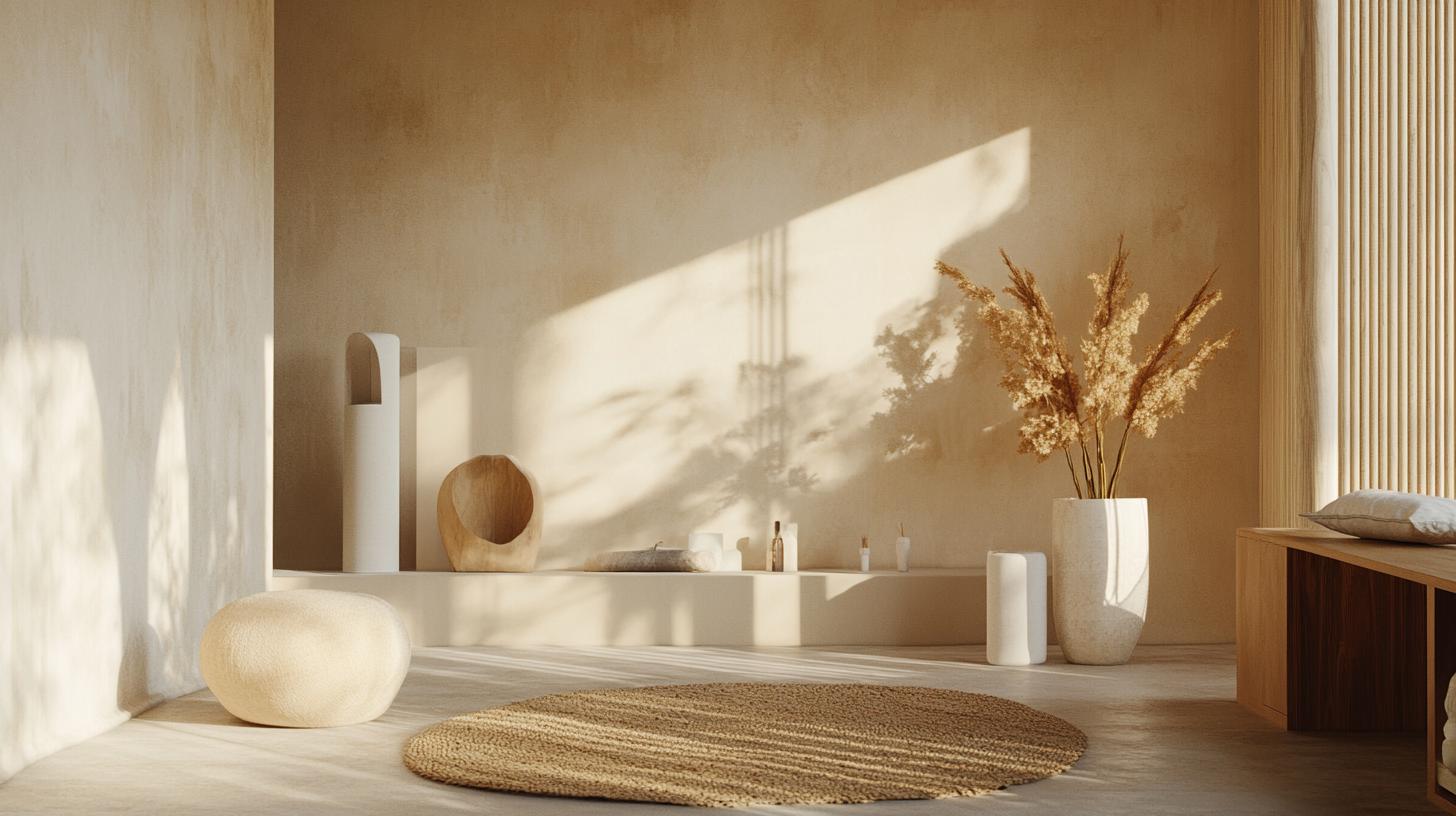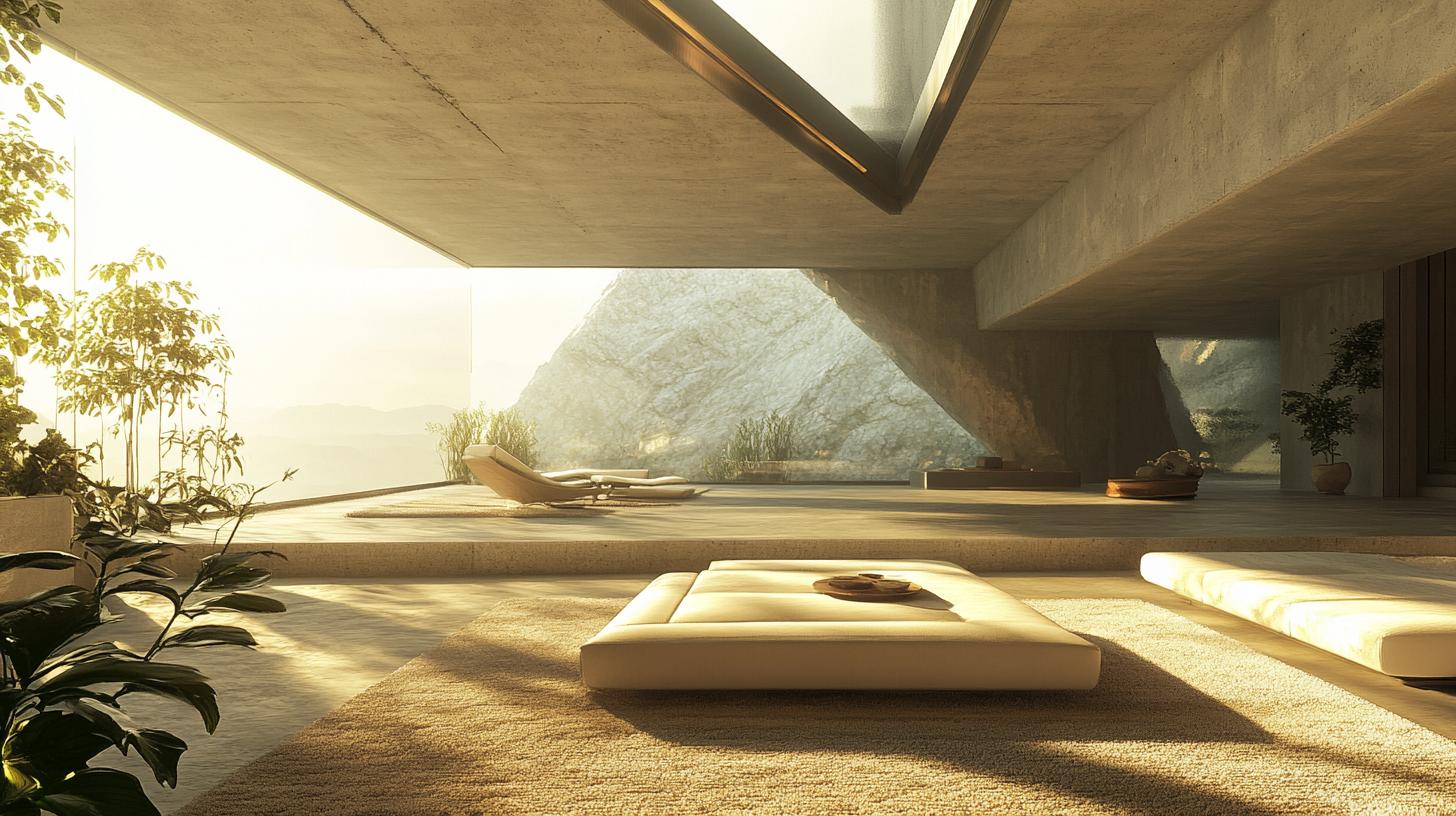Understanding Zero-Waste Home Design Principles
Zero-waste home design isn’t just a trend—it’s a transformative approach to living sustainably! By reimagining our spaces, we can dramatically reduce environmental impact while creating beautiful, functional interiors. Imagine a home that generates minimal waste, uses renewable resources, and looks absolutely stunning.
Core Strategies for Waste Reduction
The first step in zero-waste design is understanding circular economy principles. We’re talking about selecting materials and furniture that can be reused, recycled, or biodegraded. Key strategies include:
- Choosing multipurpose furniture
- Investing in high-quality, durable pieces
- Selecting natural and recycled materials
Material Selection and Sustainability
Not all materials are created equal in zero-waste design.
Sustainable materials like bamboo, reclaimed wood, and recycled plastics offer incredible opportunities for creating eco-friendly spaces without compromising aesthetics.
Practical Implementation of Zero-Waste Design
Implementing zero-waste design requires thoughtful planning and innovative solutions. We’ve discovered that small changes can create significant environmental impact!
Space Optimization Techniques
Maximize your space by adopting smart storage solutions and modular furniture that adapts to changing needs. Think convertible furniture, hidden storage, and multifunctional design elements that reduce unnecessary consumption.
Waste Reduction in Daily Life
Pro Tips for Zero-Waste Living:
- Use glass and stainless steel containers instead of disposable plastics
- Choose furniture with minimal packaging
- Buy second-hand or refurbished items
By embracing zero-waste home design, we’re not just creating beautiful spaces—we’re contributing to a more sustainable future. Every conscious choice matters in our journey toward environmental responsibility!
Understanding Zero-Waste Home Design Principles
Zero-waste home design isn’t just a trend—it’s a transformative approach to living sustainably! By reimagining our spaces, we can dramatically reduce environmental impact while creating beautiful, functional interiors. Imagine a home that generates minimal waste, uses renewable resources, and looks absolutely stunning.
Core Strategies for Waste Reduction
The first step in zero-waste design is understanding circular economy principles. We’re talking about selecting materials and furniture that can be reused, recycled, or biodegraded. Key strategies include:
- Choosing multipurpose furniture
- Investing in high-quality, durable pieces
- Selecting natural and recycled materials
Material Selection and Sustainability
Not all materials are created equal in zero-waste design.
Sustainable materials like bamboo, reclaimed wood, and recycled plastics offer incredible opportunities for creating eco-friendly spaces without compromising aesthetics.
Practical Implementation of Zero-Waste Design
Implementing zero-waste design requires thoughtful planning and innovative solutions. We’ve discovered that small changes can create significant environmental impact!
Space Optimization Techniques
Maximize your space by adopting smart storage solutions and modular furniture that adapts to changing needs. Think convertible furniture, hidden storage, and multifunctional design elements that reduce unnecessary consumption.
Waste Reduction in Daily Life
Pro Tips for Zero-Waste Living:
- Use glass and stainless steel containers instead of disposable plastics
- Choose furniture with minimal packaging
- Buy second-hand or refurbished items
By embracing zero-waste home design, we’re not just creating beautiful spaces—we’re contributing to a more sustainable future. Every conscious choice matters in our journey toward environmental responsibility!








